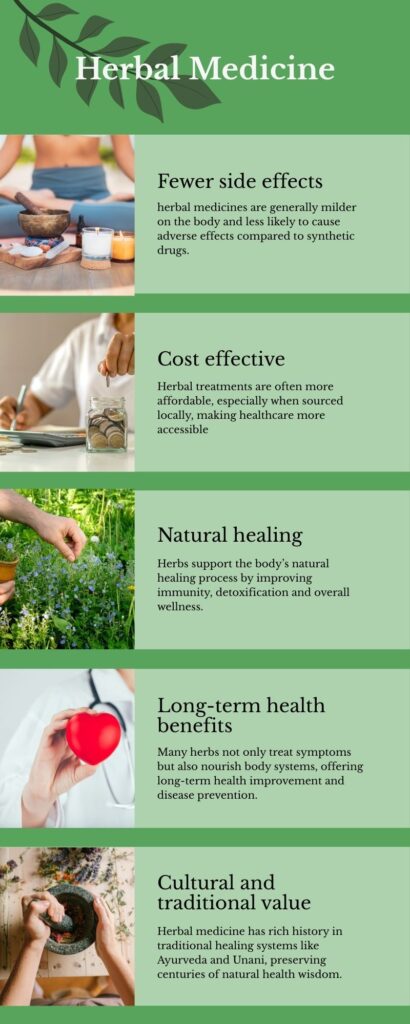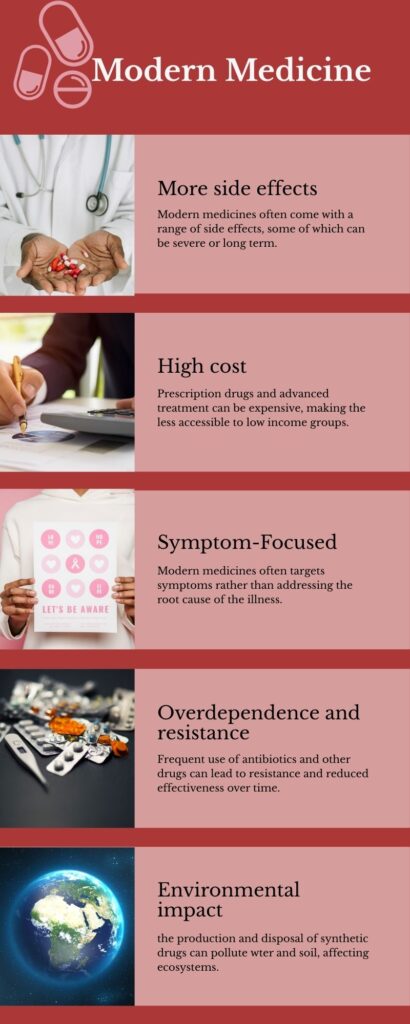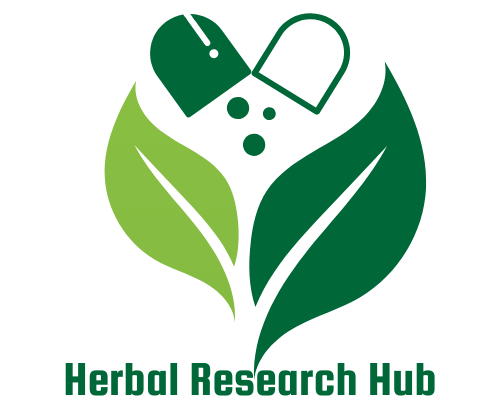Herbal Research in Modern Medicine: Unlocking the Power of Plants

Introduction
Herbal research is a vital field that bridges the gap between traditional wisdom and modern scientific innovations. As we explore the incredible medicinal properties of plants, we uncover natural remedies that not only have centuries-old roots but also the potential to revolutionize healthcare today. From combating chronic diseases to enhancing wellness, herbal research offers a treasure trove of benefits that modern medicine can harness to address the evolving needs of global health.
Welcome to the world of herbal research, a bridge between traditional wisdom and scientific innovation. While some may argue that modern medicine has surpassed herbal remedies in this era of high-tech production and sophisticated medicines, plants hold enormous significance in the medical world. Not only do ancient remedies pass down through generations, but they also serve as sources of powerful biologically active compounds that shape the future of healthcare.
A Legacy Rooted in Nature Thousands of years ago, civilizations turned to herbal medicines. In India, traditional Chinese medicines, Ayurveda, unani, and numerous local systems have all described the medicinal properties of herbs and trees. Egyptian papyri and Sumerian clay tablets describe the use of herbs like garlic, frankincense, and myrrh to treat a variety of ailments. This ancient practice wasn’t founded on superstition or placebo, but rather on centuries’ worth of observations and common sense. Today, as researchers delve deeper into phytochemistry and ethnopharmacology, they find that traditional practices align with contemporary pharmacological findings.

Plants: The Intricate Pharmacy of Nature
Why are plants so strong?
Every single plant functions as a well-equipped little laboratory that generates intricate chemical substances called phytochemicals that aid in their survival and growth.
These include:
- Alkaloids (e.g., morphine, quinine)
- Flavonoids (e.g., quercetin, rutin)
- Tannins
- Terpenoids
- Glycosides
- These substances frequently have anti-inflammatory, anti-cancer, anti-microbial, antidiabetic, and antioxidant qualities. Their natural combinations work in concert to provide therapeutic effects with fewer side effects, or they can be separated and used as lead compounds for drug development.
Herbal Medicines in Modern Pharmacopeia
You might be shocked to hear that many pharmaceutical medications are either inspired by or directly sourced from plants. Here are few instances:
- Aspirin: Made from salicin, which is present in willow bark.
- Paclitaxel, often known as Taxol, is a chemotherapy medication derived from the Pacific yew.
- Digoxin, which is used to treat heart failure, is derived from the Foxglove plant.
- Artemisinin: Artemisia annua has a strong antimalarial chemical.
Herbal remedies are obviously not archaic remnants of the past; rather, they are an integral part of the contemporary medical arsenal.
Why Herbal Research Matters More Than Ever


- The Rise of Drug Resistance
One of the biggest risks to world health is antibiotic and antimicrobial resistance. More quickly than new medications can be created, pathogens are changing. By discovering new substances with antibacterial properties and possible synergistic effects when combined with currently available antibiotics, herbal research opens up new avenues.
- Chronic Disease Epidemic
The prevalence of diabetes, heart disease, arthritis, and neurological conditions like Alzheimer’s is increasing. Numerous herbs provide multifaceted strategies for treating certain ailments. For instance, turmeric (Curcuma longa) has the potential to improve insulin sensitivity and reduce inflammation.
• Ashwagandha (Withania somnifera) is being researched for its cognitive and adaptogenic properties.
• It has been demonstrated that cinnamon lowers blood glucose levels.
- Lower Side Effects
When administered properly, many plant-based medicines have fewer and milder adverse effects than synthetic pharmaceuticals, particularly when combined holistically rather than as individual extracts. This is because balancing chemicals that act as a buffer against toxicity are frequently found in the plant matrix.
- Accessibility and Affordability
Synthetic medications could be prohibitively expensive or unavailable in environments with limited resources. When grown locally and used in accordance with regulations, medicinal plants provide a sustainable and affordable healthcare option.
- Preserving Traditional Knowledge
Traditional medical systems, many of which are in danger of going extinct as a result of urbanization and modernity, can also be validated and preserved through herbal study. The preservation of cultural heritage and biodiversity are aided by the documentation of indigenous knowledge.
Challenges in Herbal Research
Although herbal research has a lot of potential, there are certain obstacles to overcome:
• Standardization: Plant variety, soil, environment, and harvest season can all affect the concentration of active chemicals.
• Dosage and Toxicity: It’s critical to determine the appropriate dosage and steer clear of toxicity. Certain plants might be dangerous if used improperly.
• Lack of Funding: Herbal medicine research receives significantly less institutional support and funding than research on synthetic drugs.
• Scientific Validation: Although many herbs have been used traditionally, their effectiveness has not been supported by thorough randomized controlled studies (RCTs).
Combining the Best of Both Worlds in Integrative Medicine
Fortunately, integrative medicine—a philosophy that blends evidence-based herbal remedies with traditional treatments—is gradually gaining traction in the medical community. This method places a higher priority on individualized treatment, addressing the underlying causes of disease and encouraging wellness as opposed to only treating its symptoms.
Research on natural products, ethnomedicine, and phytopharmacology are presently being established in universities and medical facilities all over the world. Herbal research journals are becoming more popular. Herbal medicine has been incorporated into national healthcare systems in nations like China, India, and Germany.
The Role of Pharmacologists and Herbal Researchers
Pharmacologists are essential in helping to close the gap between the past and the present. Through the isolation of active components, in-vitro and in-vivo investigations, and clinical trials, scientists contribute to the identification of which herbs are actually effective—and how Modern techniques such as:
- Molecular docking
- Chromatography (HPLC, GC-MS)
- Cell line studies
- Bioassay-guided fractionation
enable a thorough investigation of plant pharmacology. As a result, research on herbs is now more accurate and data-driven than ever.
Examples of Intriguing Herbal Research Case Studies
- Centella asiatica, often known as gotu kola, is traditionally used to promote wound healing and memory. Its angiogenic, neuroprotective, and antioxidant properties are supported by recent studies.
2. The Black Seed, Nigella sativa, The saying “in the black seed is healing for every disease except death” is attributed to Prophet Muhammad ﷺ. Thanks to thymoquinone, recent research has demonstrated its immunomodulatory, antidiabetic, anti-inflammatory, and anticancer properties.
3. Oleifera moringa, Rich in minerals and phytochemicals, Moringa is being researched for its cardiovascular, hepatoprotective, antidiabetic, and antioxidant properties.
The Future of Herbal Research
The future looks bright. We’re about to enter a golden age of herbal medication discovery thanks to developments in biotechnology, genetic sequencing of plants, and AI-driven chemical screening.
Among the new developments are:
Formulations using nano-herbs for increased bioavailability.
- Research on drug-herb interactions for safer co-administration.
- Polyherbal combination clinical studies.
- Green nanoparticle production with herbal extracts.
Plant power is a key to the future, not a holdover from the past. Herbal research offers a promising future as we confront new health issues like pandemics and chronic illnesses. However, it necessitates rigorous science, unbiased investigation, and cooperation between scientists, policymakers, and traditional healers.
Our goal at herbalresearchhub.com is to inspire, educate, and inform a new generation of researchers, pharmacists, and health enthusiasts to investigate the therapeutic potential of nature. While using the resources of contemporary science to discover new treatments and promote better health for everybody, let’s respect the knowledge of our forefathers.
Here at herbal research hub – Your Guide to Herbal Wisdom and Modern Health – keep checking back for new research updates, herb profiles, and natural wellness advice.
